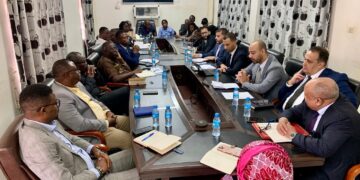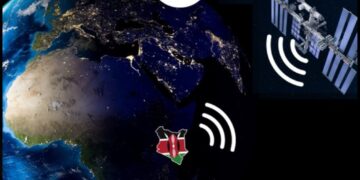
May is a good time to reflect on work and what that means, in the modern context. This year’s International Workers’ Day theme is about safety and health; two variables that remain crucial even if the nature of work is changing. However, there is another aspect of work that is usually pushed aside or not discussed at length. It is the reality of how much can not be done without communication, and especially, effective communication.
Did you know that communication is demanding? Think about ads, manuals, marketing campaigns, proposals, reports, product creation, among others. In these instances and more, it is vital to transmit the information that is intended, in a manner that conveys the meaning that is required and elicits the action desired.
Communication is a big deal. It involves what is said, what is not said, what is written, body language, signs and symbols; among others. It is a huge yardstick of how conversant one is with social cues and a near-accurate measure of one’s understanding of human relations.
The 21st Century, especially the current decade, hints at the fact that the world is becoming more and more decentralised. The barriers of age and location are gradually fading out, as regards access to certain things. The weapon of effective communication is being wielded by a few who understand it. Whether it’s marketing or official decisions, the ones who get what they want are usually those who know and can articulate (using coercion or persuasion) what they want! First movers and eloquent speakers, in any setting, are usually the ones whose ideas matter. Harsh? Maybe, but it’s true. Look around you, and you will find examples.
There are still arguments as regards whether or not school truly prepares people for life or, at least, for the work they will do after their time within the four walls. It’s not the intent of this article to debate or conclude on this, but to bring to light something that is often missed out.
I have come to realise that the lives of a student and an employee/career professional are similar, in certain aspects. One of these aspects is the presence of different communication levels. These are: top, middle and down. There are specific expectations, at each level, as well.
A large chunk of a person’s accomplishment is tied to these levels. You will have them, all through your journey, in whatever field you choose to engage.
Let’s check out the three levels; what does each entail?
Top: This category includes your superiors or those whose ranks are higher than yours. Examples are: lecturers, managers, sponsors, supervisors, inspectors, school/workplace administrators, among others. Usually, it is important to communicate in a confident, respectful and honest manner with people at this level.
Middle: This category includes colleagues or everyone on the same rank e.g.course mates, friends, team mates, colleagues, other employees. At this level, communication is usually collaborative, friendly and sometimes competitive.
Down: Here are people who report to you, junior employees, those in a class you have passed through or in a department you have charge over. They provide a test of your leadership. You should be helpful to, yet expectant of initiative and diligent capacity from, them.
Beyond this skeletal explanation, there are specific expectations both ways, at each level. These are often shaped by societal norms and occupation culture, over the years. They are guidelines, which may be flexible in specific instances. In whatever way you choose to relate at these levels, never forget the golden rule and the fact that effective communication is work!
________________________ Gbemisola Oluwasina is also known as Elegant Inker. She helps (personal, business, corporate) brands accelerate their visibility, influence and profit through custom-made writing services and coaching. She serves in the areas of: creative writing, content writing, editing and proofreading, ghost-writing, content strategy consultation, transcription and copy writing. Gbemisola is blessed with a voice that enriches what she says and has honoured 20+ virtual speaking invitations. These engagements covered areas like: writing, content creation, online business, social media positioning, public speaking, (self) leadership, the Christian faith and albinism. She looks forward to more of these, as well as to features in the media and TED(x). Gbemisola is a student of International Relations at Covenant University who has served in different leadership offices. She firmly believes that individuals are responsible for the achievement of organisational and national goals. She is a lover of Abba and of the progress of others. She likes to sing, to learn other languages and to make beaded articles. Purple and lemon are her favourite colours. Email: gbemisolaoluwasina@gmail.com YouTube, Facebook and LinkedIn: Gbemisola Oluwasina Telegram channel, Instagram and Facebook pages: Elegant Inker.


















































































 EduTimes Africa, a product of Education Times Africa, is a magazine publication that aims to lend its support to close the yawning gap in Africa's educational development.
EduTimes Africa, a product of Education Times Africa, is a magazine publication that aims to lend its support to close the yawning gap in Africa's educational development.